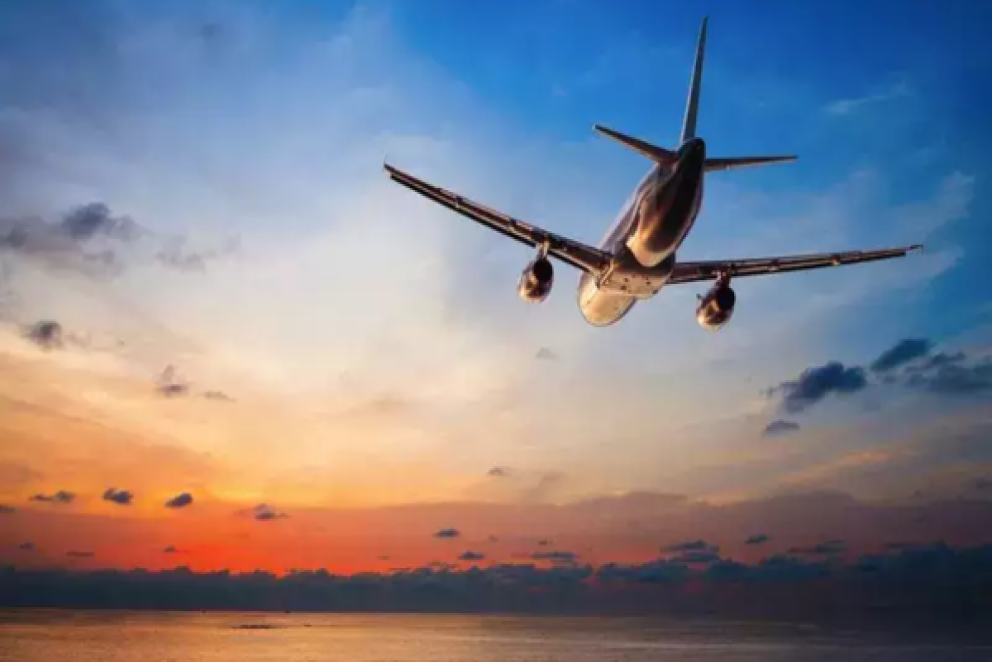Blog Details

Airlines must facilitate passengers affected due to cancellations, delay per DGCA norms: MoS
Airlines are free to charge air fares as per their operation viabilities subject to compliance DGCA rules, MoS in the Ministry of Civil Aviation Dr V. K. Singh stated in a written reply to question in Lok Sabha. But they must also comply with DGCA guidelines in case of cancellations and delays, he said. DGCA, on its part, keeps a check on regulations comply by scheduled domestic airlines, he shared.According to the Minister of State in the Ministry of Civil Aviation Dr V. K. Singh, the airlines must facilitate the passengers affected due to cancellation and delay in flights in accordance with Directorate General of Civil Aviation (DGCA) guidelines. These guidelines, encapsulated in the Civil Aviation Requirement (CAR) Section 3, Series M, Part IV, dictate the responsibilities of airlines in scenarios involving denied boarding, flight cancellations and delays. Singh emphasized the dynamic nature of airfares, elucidating that they are shaped by the principles of demand and supply, alongside several influencing factors. Factors such as seat occupancy, fuel prices, aircraft capacity, competition, seasonal variations, holidays, and events significantly impact airfare fluctuations.
Notably, the government does not set or regulate airfares. Instead, Rule 135 of the Aircraft Rules, 1937, mandates that airlines, engaged in scheduled air services, establish tariffs considering various factors including operational costs and prevailing tariffs. Airlines are free to charge air fares as per their operation liabilities subject to compliance to above said rule, Singh stated in a written reply to a question in Lok Sabha.
In case of cancellation, if the passenger is not informed earlier of the cancellation, the airlines shall either provide alternate flight or provide compensation in addition to the full refund of the air ticket. In addition, the airline has to provide meals and refreshments to the passengers who have already reported for their original flight at the airport while waiting for the alternate flight.
Similarly, in cases of flight delays beyond the initially scheduled departure time, airlines must cater to passengers who have checked in on time. This includes provisions for meals, refreshments, hotel accommodations, alternate flights, or full refunds, depending on the duration of the delay.
In order to check the compliance of laid down regulations by scheduled domestic airlines, DGCA carries out inspections at various airports in the country on a random basis. During inspection, if an airline is found in violation of the provisions of CAR, necessary penal action, including financial penalty, is imposed against the airline, shared Singh Singh also highlighted the seasonal nature of India's aviation market.
Months like May, June, and mid-July witness high traffic, with international flows contributing to domestic travel. July to September constitutes a quieter period due to monsoons and religious reasons. Festive seasons, starting from October with Dussehra, rekindle travel demands until mid-January. This trend continues until the last week of April, after which demand softens until summer holidays drive a surge in demand again, he recalled.
Source: The Economic Times



